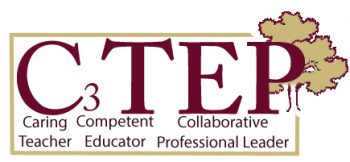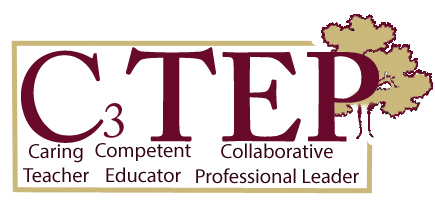
The Field Supervision Program at the University of Farmington (UMF) has a dynamic vision of education for the 21st century. This vision is based on the ideal of creating schools that are dedicated to maximizing each student’s potential by personalizing learning experiences for all students. Preparing new teachers for this work and for the actualization of the vision presents many challenges. Engaging teacher candidates in early and ongoing field experiences throughout their programs supports their understanding of this complex work so that they are able to meet the challenges of the teaching profession.
The Education practica are classroom experiences designed in part to help the college student make career choices and to shift students’ perspectives from that of a college student to that of a teacher. Student Teaching is a culminating experience for Education majors, which brings together teacher candidates’ experiences as individuals and as learners so that they can move in to the profession of teaching as caring teachers, competent educators and collaborative professional leaders.
Council for the Accreditation of Education Programs (CAEP)
The University of Maine at Farmington teacher education programs are accredited by the Council for the Accreditation of Education Programs (CAEP), effective Spring 2018 to Spring 2025. UMF was the first program in Maine to receive this higher and more rigorous standard of national accreditation.
CAEP is a professional accreditor that reviews departments, schools, and colleges which prepare teachers and other educators. After completing a program, teachers seek licensure or certification from the state in which they wish to teach. The scope of CAEP’s work is the accreditation of educator preparation providers having programs leading to certification/licensure, bachelor’s, master’s, post-baccalaureate, and doctoral degrees in the United States and internationally.
The CAEP Standards and their components flow from two principles:
- Solid evidence that the provider’s graduates are competent and caring educators, and
- There must be solid evidence that the provider’s educator staff have the capacity to create a culture of evidence and use it to maintain and enhance the quality of the professional programs they offer.
The five CAEP Standards, below, flow from these guiding principles and the standards of evidence that define them are the backbone of the accreditation process. They define quality in terms of organizational performance and serve as the basis for accreditation reviews and judgments.
- Standard 1: Content and Pedagogical Knowledge
- Standard 2: Clinical Partnerships and Practice
- Standard 3: Candidate Quality, Recruitment, and Selectivity
- Standard 4: Program Impact
- Standard 5: Provider Quality, Continuous Improvement, and Capacity
You will need Adobe Acrobat Reader to access online forms.
Education Center
186 High Street
Farmington, ME 04938
Phone: (207) 778-7171
FAX: (207) 778-7939
TDD: (207) 778-7000
e-Mail: hiram.sibley@maine.edu
In complying with the letter and spirit of applicable laws and pursuing its own goals of diversity, the University of Maine System does not discriminate on the grounds of race, color, religion, sex, sexual orientation, transgender status, gender, gender identity or expression, ethnicity, national origin, citizenship status, familial status, ancestry, age, disability physical or mental, genetic information, or veterans or military status in employment, education, and all other programs and activities. The University provides reasonable accommodations to qualified individuals with disabilities upon request. The following person has been designated to handle inquiries regarding non-discrimination policies: Director of Equal Opportunity, 5713 Chadbourne Hall, Room 412, University of Maine, Orono, ME 04469-5713, 207.581.1226, TTY 711 (Maine Relay System).

